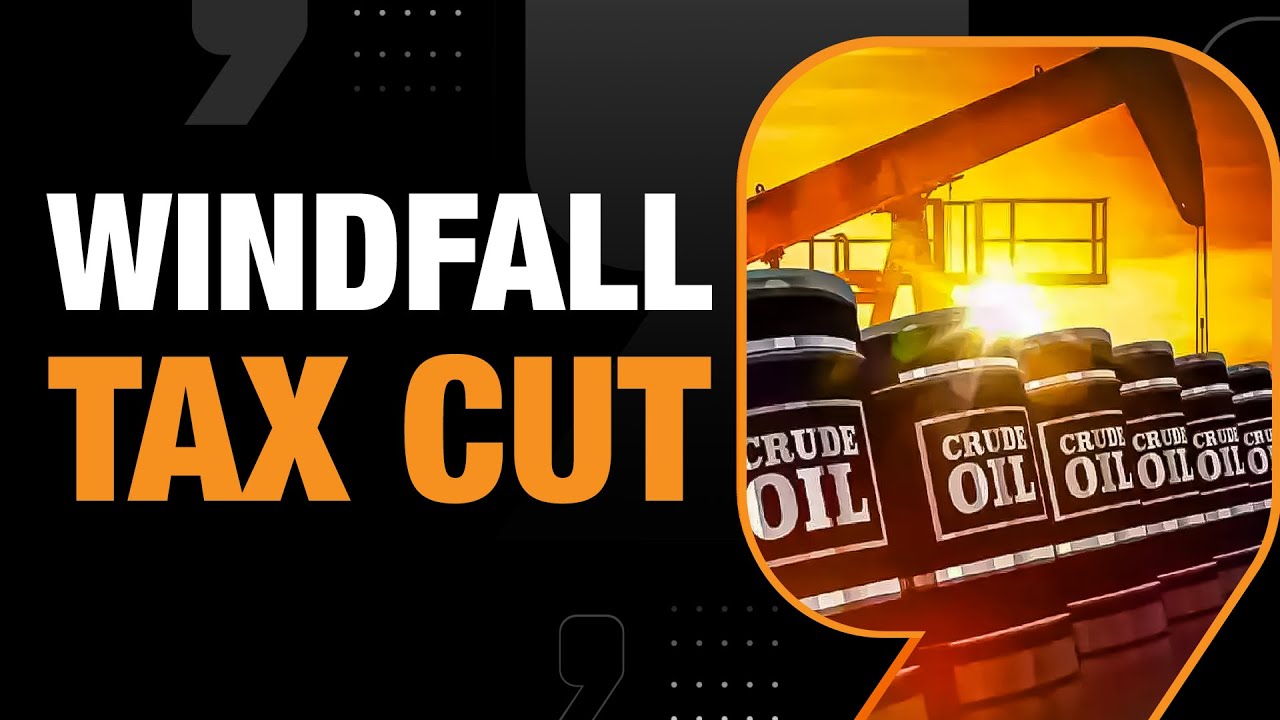Govt cuts windfall tax on petroleum crude to Rs 1,700 per tonne (The Hindu)

- 16 Jan 2024
Why is it in the News?
The government has cut the windfall tax on domestically-produced crude oil to ?1,700 per tonne from ?2,300 per tonne with effect from January 16.
What is Windfall Tax?
- A Windfall Tax is imposed by governments on specific industries that experience exceptionally high profits due to economic conditions surpassing the norm.
- The term "windfall" denotes an unforeseen surge in profits, leading to the imposition of the windfall tax on the excess gains.
- Imposition Criteria: Governments impose the Windfall Tax when there is a sudden and substantial increase in an industry's revenue.
- Notably, this increase must be unrelated to the company's intentional actions, such as business strategies or expansions, but instead linked to external events beyond its control.
- A Windfall Tax is typically triggered by external occurrences, such as the unexpected surge in profits observed in the oil and gas industries amid the Russia-Ukraine conflict.
- Tax Rates: Governments tax these windfall gains at rates higher than the standard tax rates applicable to regular profits.
- Target Industries: Commonly, industries such as oil, gas, and mining become targets for windfall gains tax.
Objectives:
- Redistribution of Gains: To redistribute unexpected profits, especially when high prices benefit producers at the expense of consumers.
- Funding Social Welfare Schemes: Utilizing the windfall tax revenue to support social welfare initiatives.
- Supplementary Revenue Source: Acting as an additional revenue stream for the government.
- Addressing Trade Deficit: Providing a means for the government to mitigate the widening trade deficit in the country.
When Did India Introduce Windfall Tax?
- To address the shortage of energy products on the domestic market, the Indian government added a special additional excise duty on the export of gasoline and diesel, known as the Windfall Tax, on July 1st, 2022.
Why are Countries Levying Windfall Taxes Now?
- Since the past few years, gasoline prices, crude oil, gas, and coal have significantly increased.
- COVID-19 and the conflict between Ukraine and Russia made this increase even more pronounced.
- Because of this, energy companies profited handsomely at the expense of consumers, who now pay much higher prices for their energy use.
- The UN Secretary-General, therefore, encouraged nations to impose windfall taxes on those companies that have greatly benefited from the rise in the price of fossil fuels.
- As a result, many countries, including the UK, Germany, and others, besides India, are considering imposing Windfall Taxes.
Conclusion
In conclusion, a windfall tax is a tax that a government may impose or an additional tax that may be imposed on a business when it generates a sizable unanticipated profit, particularly if the company has benefited from favourable economic conditions.
Companies in specific economic sectors, such as the oil and gas industry, that profit from circumstances like commodity shortages that significantly drive up the cost of their goods at the expense of consumers may be subject to windfall taxes.
